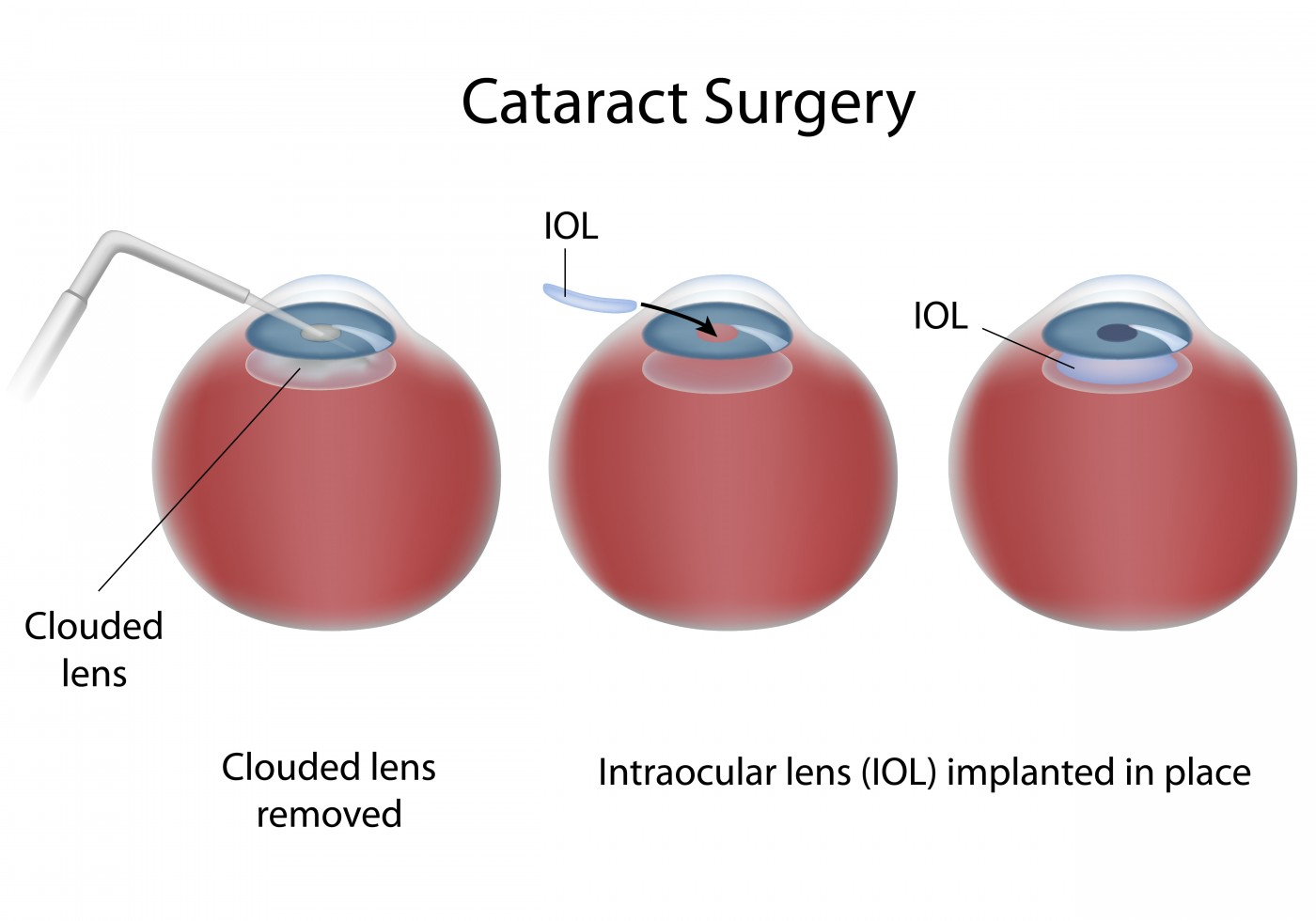 In a recent study entitled “Short-term influence of cataract surgery on circadian biological rhythm and related health outcomes (CLOCK-IOL trial): study protocol for a randomized controlled trial,” a team of researchers describe the aim and methodology of a future trial to investigate the impact of cataract surgery on patients’ circadian rhythm disorders. The study was published in the journal Trials.
In a recent study entitled “Short-term influence of cataract surgery on circadian biological rhythm and related health outcomes (CLOCK-IOL trial): study protocol for a randomized controlled trial,” a team of researchers describe the aim and methodology of a future trial to investigate the impact of cataract surgery on patients’ circadian rhythm disorders. The study was published in the journal Trials.
Cataracts are characterized by a clouding of the eye’s crystalline lens and is a common source of decreased vision acuity, resulting in blindness. Accordingly, the World Health Organization reported cataracts as the underlying cause of 33% and 51% of visual impairment and blindness worldwide, respectively.
Circadian rhythm is a cycle present in all living organisms where physiological processes are regulated according to a 24 hour light cycle, responding to light and darkness. Thus, as a key regulator of our own body functioning, disruptions in this light-dark cycle, called circadian rhythm disorders, affect human health. Light is indeed the essential key player in setting the circadian clock, and disturbing its delivery is associated with increased incidence of several disorders, such as metabolic diseases (obesity, diabetes), depression, insomnia, cardiovascular disease and even cancer.
In this study, the authors hypothesize that cataract surgery, by increasing light transmission to cataract affected patients, will correct their circadian rhythm and prevent its associated health problems. The study will be performed to address the results, already suggested in a few observational studies, where cataract surgery improved patients affected by depression or insomnia. The researchers will establish a parallel-group, assessor-blinded, randomized trial where they will compare the outcome on patients’ health status — depressive symptoms, sleep quality, body mass regulation, and glucose and lipid metabolism — between a group of patients with cataracts (control group) and patients who had cataract surgery. The evaluation will occur three months after surgery (surgery group) and three months after baseline setting (control group). To this end, the team of researchers will recruit patients (aged 60 years old or more) who will receive a cataract surgery and exhibit at least a grade 2 nuclear opacification (measured by the lens opacities classification system III).
The authors expect that the results retrieved from the study, albeit with limitations, will provide insight into the potential benefit of cataract surgery to internal biological rhythm related health concerns.

